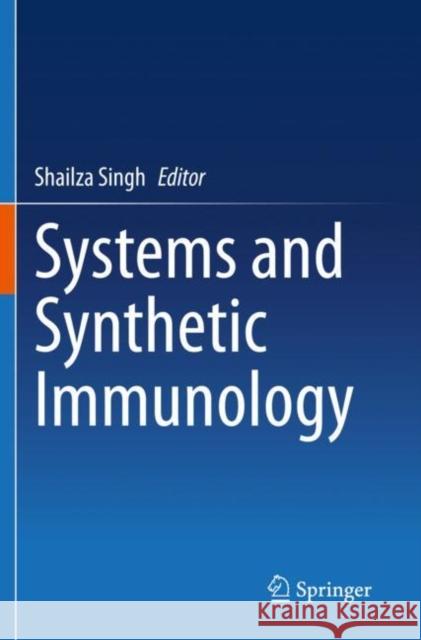Systems and Synthetic Immunology » książka
topmenu
Systems and Synthetic Immunology
ISBN-13: 9789811533525 / Angielski / Miękka / 2021 / 269 str.
Systems and Synthetic Immunology
ISBN-13: 9789811533525 / Angielski / Miękka / 2021 / 269 str.
cena 603,81
(netto: 575,06 VAT: 5%)
Najniższa cena z 30 dni: 578,30
(netto: 575,06 VAT: 5%)
Najniższa cena z 30 dni: 578,30
Termin realizacji zamówienia:
ok. 22 dni roboczych.
ok. 22 dni roboczych.
Darmowa dostawa!
Kategorie BISAC:
Wydawca:
Springer
Język:
Angielski
ISBN-13:
9789811533525
Rok wydania:
2021
Wydanie:
2020
Ilość stron:
269
Oprawa:
Miękka
Wolumenów:
01











